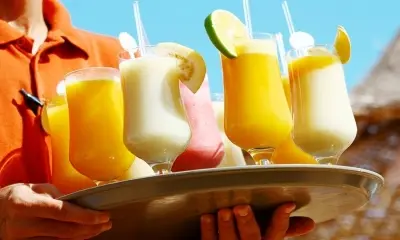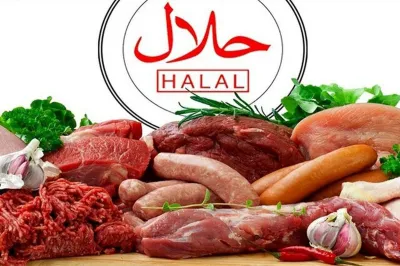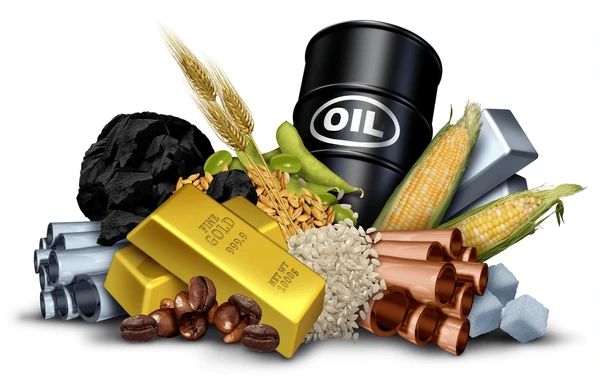


Directory of drinks suppliers in Germany
 Transwelt Handelsbüro6 months ago
Transwelt Handelsbüro6 months ago مواد بتروليه، سكر، نحاس، زيت زيتون، عسل، ارز وقهوهPetroleum Coke
مواد بتروليه، سكر، نحاس، زيت زيتون، عسل، ارز وقهوهPetroleum Coke اشکان قربانی19 months ago
اشکان قربانی19 months ago سقف کاذب فوق سبک دو متر در یک متر
سقف کاذب فوق سبک دو متر در یک متر




 مواد بتروليه، سكر، نحاس، زيت زيتون، عسل، ارز وقهوهPetroleum Coke
مواد بتروليه، سكر، نحاس، زيت زيتون، عسل، ارز وقهوهPetroleum Coke سقف کاذب فوق سبک دو متر در یک متر
سقف کاذب فوق سبک دو متر در یک متر